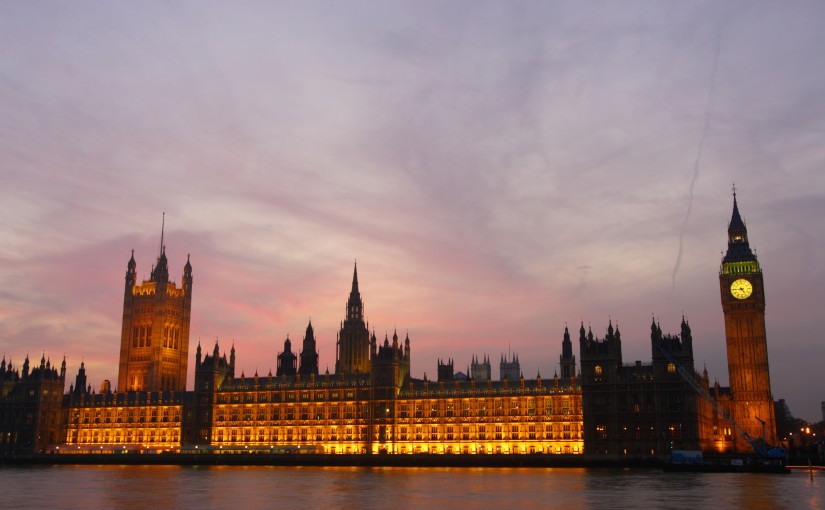There’s certainly been a huge amount of fuss about the Leaders’ debates. Will they happen? Who will be included? When will they take place?
All the rows certainly make for good copy.
But we are missing the bigger question, which is what do these debates actually mean? How can we read them and their significance?
The 2010 election in the UK saw these debates take place for the first time. We were used to seeing Presidential debates in the US. But despite challenges from one side to another over a number of poll contests, the UK had never quite got around to organising them.
The debates certainly attracted viewers. The first of the three 2010 contests had more than nine million viewers, more than Coronation Street. Media outlets organised viewer polls and commentators went into overdrive. Based on audience reception, Lib Dem poll numbers soared and “I agree with Nick” became the latest catchphrase.
Fast forward to election night however and the Lib Dems lost seats. So how significant are debates and how do we read them?
The first key point is timing. Today any UK voter can get a postal vote without giving a specific reason. With postal voting increasing, there are effectively two polling days. Evidence shows that most postal voters fill in their papers as soon as they get them. Any debate after this mailing then can only have an effect on some of the electorate.
The second key point is interpretation. Much of the coverage of the debates last time was not about what was said, but who had won. And this was based not just on polls but on sophisticated spin operations. Our first leaders’ debates also saw our first post- debate spin rooms. After each event teams from the three parties worked on reporters and commentators who were there in person. Party staff and high profile politicians like Paddy Ashdown answered questions about “how their guy had done”. Common practice in the US, this was dramatized in US drama the West Wing with spinner CJ Cregg and surrogates for the candidate fighting their way through the throng.
Attempts have been made to assess whether the 2010 debates had a significant effect on voting decisions. Pattie and Johnston[1] looked at data from the British Election survey to see if the events had been persuasive in any way. And while there is evidence of polls and opinions being influenced, particularly by the first of the three debates, Pattie and Johnston call for some perspective. “Most voters,” they write “had made up their minds long before the campaign began, let alone the debates held. For them, the debates may have confirmed them in that decision, or may have had no effect at all”.
The Fixed Term Parliaments Act (2011) means we have known the General Election date for quite some time. That’s quite some time to make up our minds. Leaders’ debates may be the icing on the cake for the Newsnight crowd, but they are unlikely to really change minds.
[1] Pattie and Johnston (2011) A Tale of Sound and Fury, Signifying Something? Journal of Elections, Public Opinion and Parties. 21:2 147-177.

